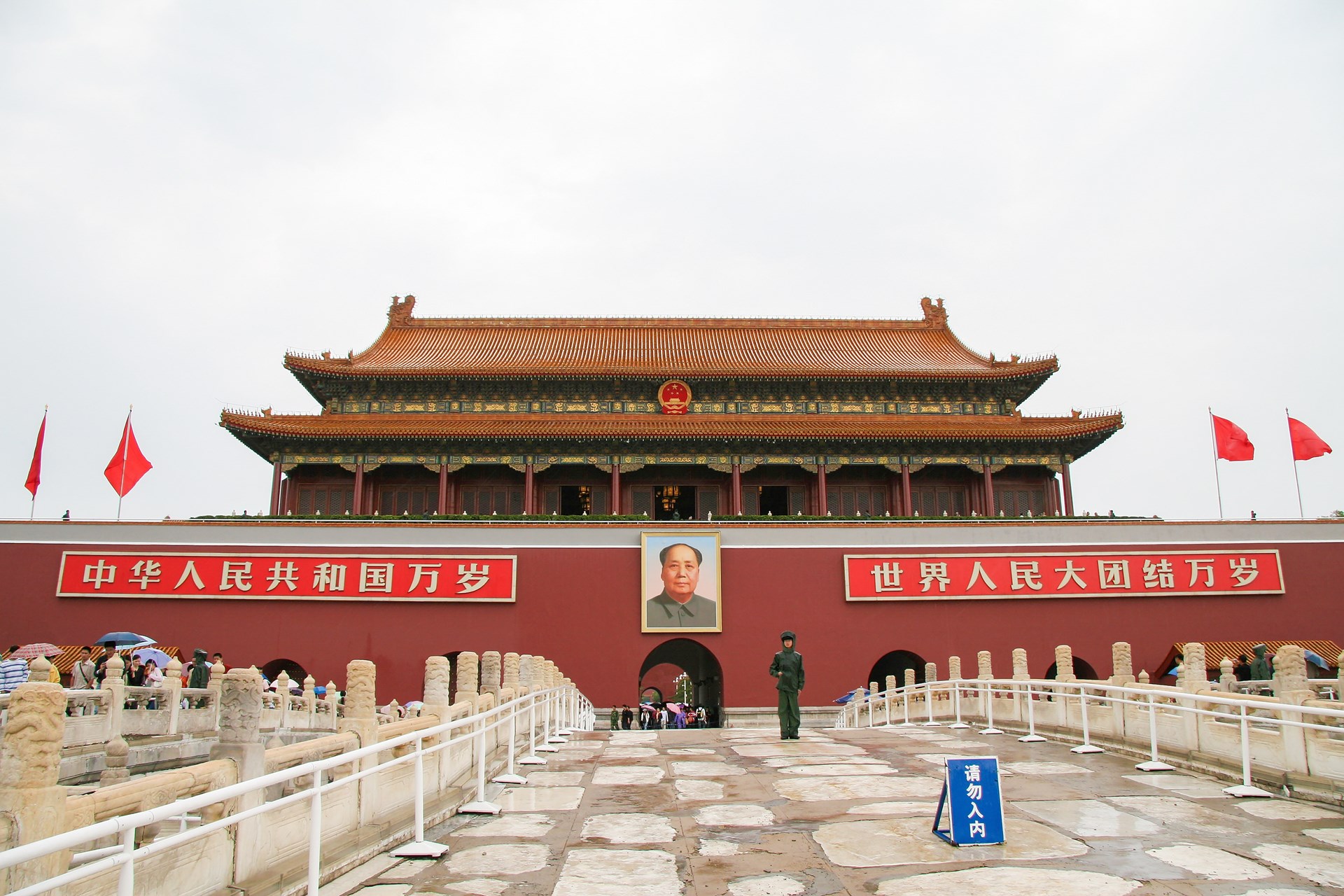Heads up, travel friends – the U.S. State Department has issued a new travel advisory that urges United States citizens to “exercise increased caution” when traveling to the Peoples’ China. Similar advisories are out for citizens of Algeria, Antarctica, Belgium, France, Germany, Denmark, Myanmar, and the United Kingdom.
The elevated travel advisory is out of concern that China may enforce local laws and detain U.S. citizens, with no cause, using a tactic known as “exit bans.” Under these bans, Americans may be forced to stay in China for an unknown amount of time and could be subject to harassment and interrogation.

The advisory states:
Exercise increased caution in China due to arbitrary enforcement of local laws as well as special restrictions on dual U.S.-Chinese nationals.
Chinese authorities have asserted broad authority to prohibit U.S. citizens from leaving China by using ‘exit bans,’ sometimes keeping U.S. citizens in China for years. China uses exit bans coercively:
- to compel U.S. citizens to participate in Chinese government investigations,
- to lure individuals back to China from abroad, and
- to aid Chinese authorities in resolving civil disputes in favor of Chinese parties.
In most cases, U.S. citizens only become aware of the exit ban when they attempt to depart China, and there is no method to find out how long the ban may continue. U.S. citizens under exit bans have been harassed and threatened.
U.S. citizens may be detained without access to U.S. consular services or information about their alleged crime. U.S. citizens may be subjected to prolonged interrogations and extended detention for reasons related to “state security.” Security personnel may detain and/or deport U.S. citizens for sending private electronic messages critical of the Chinese government.
Extra security measures, such as security checks and increased levels of police presence, are common in the Xinjiang Uighur and Tibet Autonomous Regions. Authorities may impose curfews and travel restrictions on short notice.
China does not recognize dual nationality. U.S.-Chinese citizens and U.S. citizens of Chinese heritage may be subject to additional scrutiny and harassment, and China may prevent the U.S. Embassy from providing consular services.
This is considered a “Level Two” advisory, which urges “increased caution.” Here’s more information on the U.S. State Department’s levels of travel advisories (note: when that post was written in early 2018, China was at a Level 2 at that time, as well. It since went down to a Level 1, but is now back up to a 2) Other countries with a Level Two advisory for China include the above-mentioned Algeria, Antarctica, Belgium, France, Germany, Denmark, Myanmar, and the United Kingdom.

If you decide to go to China anyway, the U.S. State Department recommends the following:
- Enter China on your U.S. passport with a valid Chinese visa and keep it with you.
- If you are arrested or detained, ask police or prison officials to notify the U.S. Embassy or the nearest consulate immediately.
- If you plan to enter North Korea, read the North Korea Travel Advisory.
- Enroll in the Smart Traveler Enrollment Program (STEP) to receive Alerts and make it easier to locate you in an emergency.
- Follow the Department of State on Facebook and Twitter. Follow the U.S. Embassy on Twitter, WeChat, and Weibo.
- Review the Crime and Safety Reports for China.
- U.S. citizens who travel abroad should always have a contingency plan for emergency situations. Review the Traveler’s Checklist.
Stay safe, travel friends!
Like this post? Please share it! We have plenty more just like it and would love if you decided to hang around and clicked the button on the top (if you’re on your computer) or the bottom (if you’re on your phone/tablet) of this page to follow our blog and get emailed notifications of when we post (it’s usually just two or three times a day). Or maybe you’d like to join our Facebook group, where we talk and ask questions about travel (including Disney parks), creative ways to earn frequent flyer miles and hotel points, how to save money on or for your trips, get access to travel articles you may not see otherwise, etc. Whether you’ve read our posts before or this is the first time you’re stopping by, we’re really glad you’re here and hope you come back to visit again!
This post first appeared on Your Mileage May Vary.
